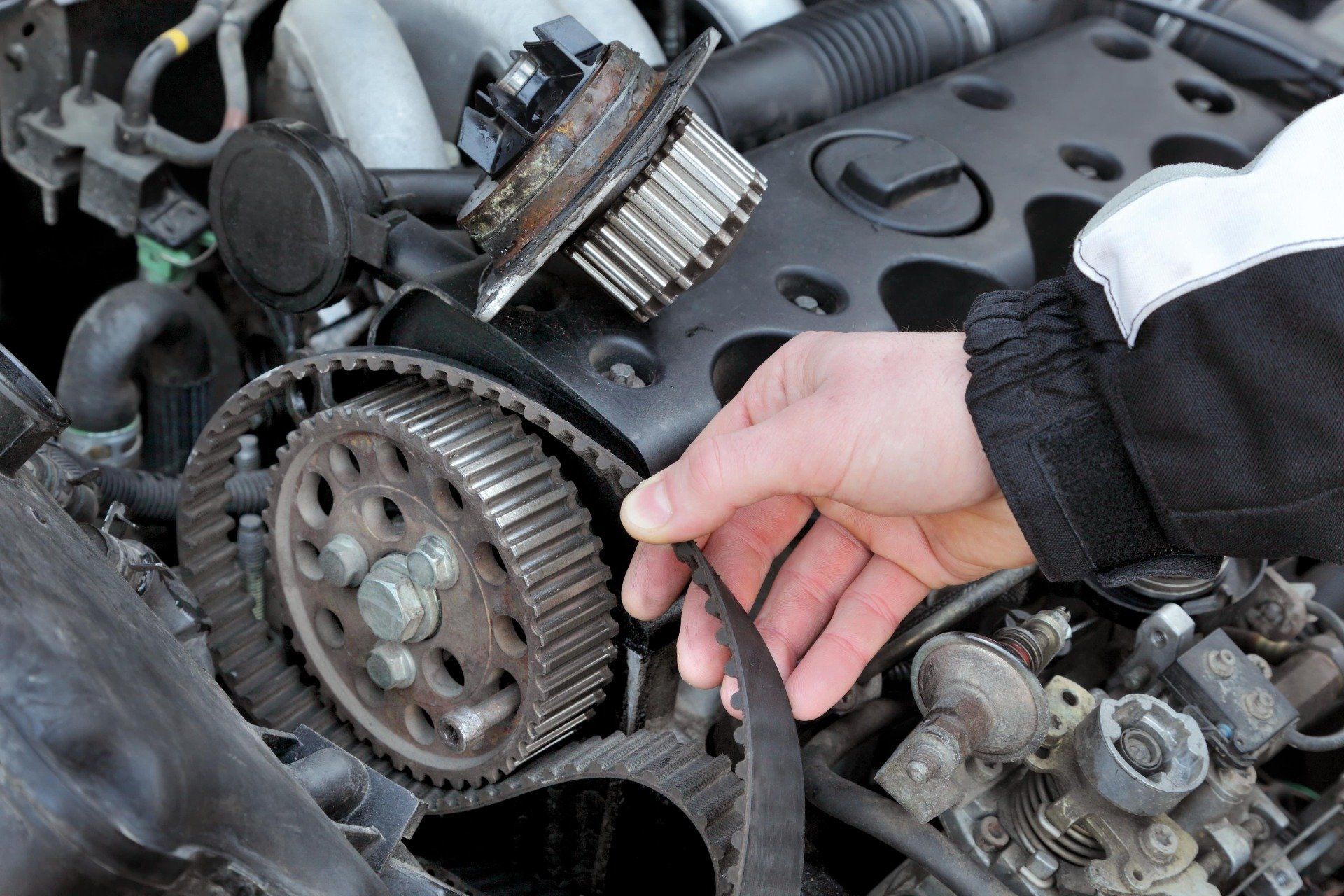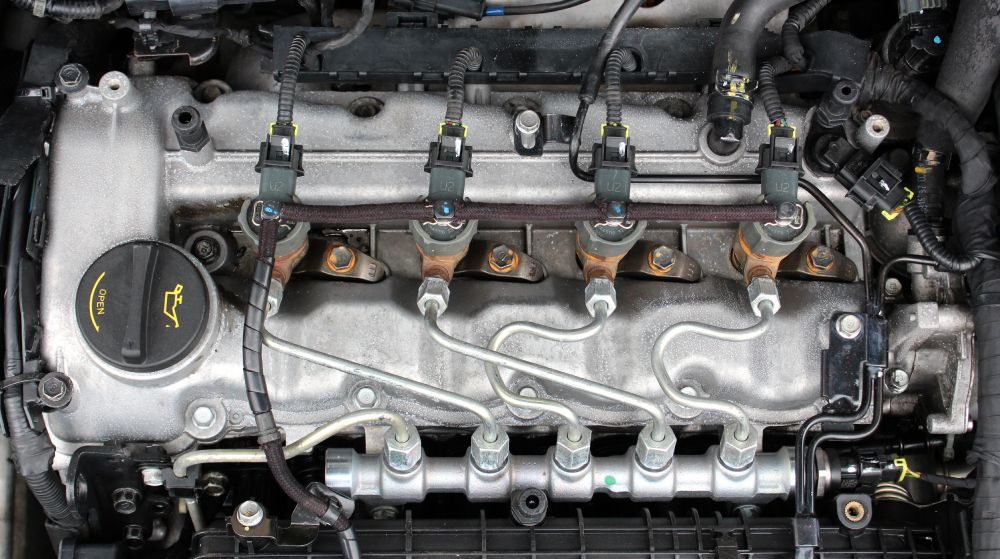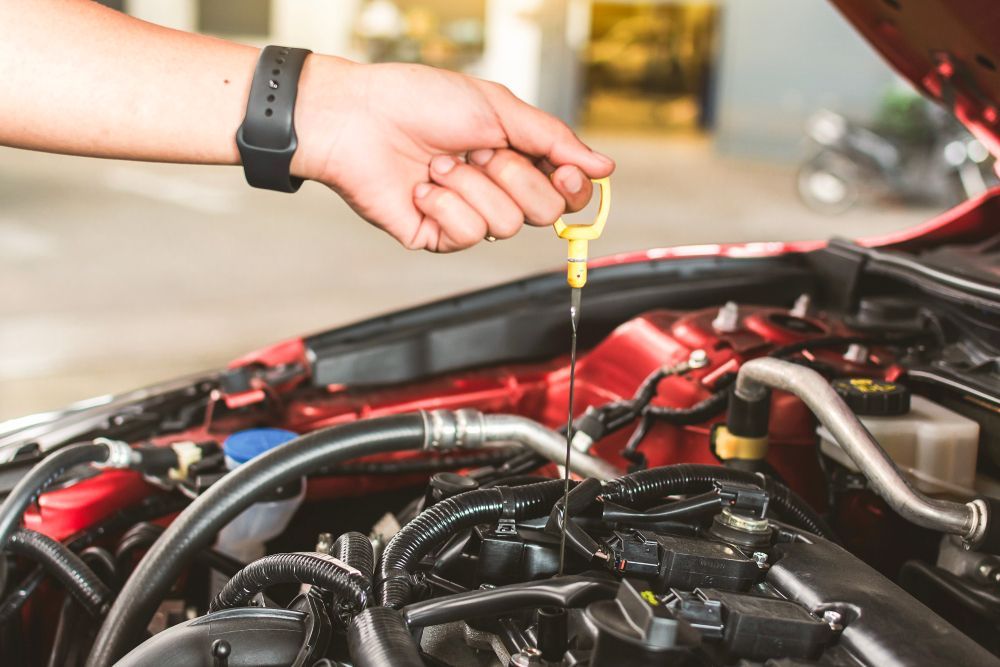Sustainable Practices for Car Battery and Alternator Care
Understanding car battery and alternator lifespan is crucial for ensuring the durability and effectiveness of your vehicle's electrical systems. You can lessen your environmental impact and save money by using eco-friendly driving practices and alternator usage. Let's explore the essential elements of car battery and alternator maintenance to assist you in making smart choices.
Understanding Car Battery and Alternator Lifespan
Usage, upkeep, and climatic conditions affect how long your automobile battery and alternator will last. The typical lifespan of an alternator is between seven and ten years, while that of a car battery might range from three to five years. These are only broad estimations so that individual experiences may differ.
To extend their life expectancy:
- Maintain a Clean Battery: Inspect and clean the battery terminals regularly to prevent corrosion, which can affect performance and lifespan.
- Check the electrolyte levels in lead-acid batteries and add distilled water if your battery needs maintenance.
- Drive Frequently: Battery strain might result from prolonged idleness. Consider using a trickle charger to keep the battery charged if your car is unused.
Efficient Alternator Usage for Reduced Energy Footprint
While driving, the alternator is essential for keeping the battery charged and running the vehicle's electrical systems. To save energy and prolong the life of the alternator:
- Avoid Overloading Electrical Systems: Excessive use of electrical accessories like lights, air conditioning, and music systems can strain the alternator. Use these with caution.
- Turn Off Non-Essential gadgets: Turn off any non-essential devices to lessen the stress on the alternator while your car is stationary.
- Verify Belt Tension: To avoid slippage, which could force the alternator to work harder, ensure the alternator belt is correctly tensioned.
Knowing When to Seek Professional Help: Battery and Alternator Concerns
Despite your best efforts, issues with the alternator and battery in your car are still possible. It's critical to recognize warning signs such as the following:
- Battery Warning Light: If the battery warning light on your dashboard turns on, it can be a sign that the alternator or battery are both having issues.
- Slow Engine Crank: A weak battery may cause difficulty starting the engine or a slow crank.
- Dimming Lights: Alternator problems may be present if your headlights or interior lights dim when you start the engine or utilize electrical accessories.
In such circumstances, it is advised to seek professional assistance to identify and fix the issue quickly. A prompt response can prevent more damage from occurring and protect you from unanticipated breakdowns.
Eco-Conscious Driving Habits and Their Impact on Battery and Alternator
Your driving habits greatly impact how long your car's battery and alternator last. Utilizing eco-friendly driving practices not only lessens your influence on the environment but also encourages effective energy use. Here are some tips:
- Reduce Idling: Idling uses fuel and puts extra strain on the alternator. When leaving your car parked for a while, turn off the engine.
- Regular Maintenance: To identify potential problems early, make sure your car has routine maintenance, including battery and alternator tests.
By including these driving habits in your routine, you may increase your car's battery and alternator life, use less fuel, and help the environment.
At
Pro Auto Repair, we're dedicated to keeping your vehicle's electrical systems in top condition for sustained performance.
Contact us if you have any questions or need help from an expert with your car's alternator or battery. Together, we can work to create an eco-aware and compelling future for all.





